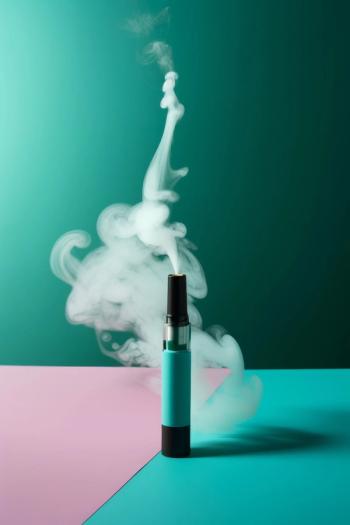
New Cannabis Studies Program Revealed by Roanoke College
Roanoke College has approved the opening of a transdisciplinary Cannabis Studies Program.
On January 24th, 2024, the faculty at Roanoke College (Salem, Virginia) voted to approve the establishment of a transdisciplinary Cannabis Studies Program (1). Their curriculum will provide students with the options to receive a Bachelor of Science (BS) in the science of cannabis or the social justice and policy issues involved with cannabis regulation, as mentioned in the college’s press release (1). With the creation of this educational program, Roanoke College will join several colleges in the East Coast that have instituted their own programs. Additionally, this curriculum will make Roanoke College the first college in Virginia to have a four-year cannabis education program (1).
The cannabis industry is anticipated to reach an estimated $40 billion in 2024 (1)
“I commend the faculty for developing a transdisciplinary academic program that fills a significant educational gap,” Kathy Wolfe, vice president for academic affairs and dean of the College, commented (1). “With this program, Roanoke College continues to lead in science, policy, business, and community engagement.”
“Students are interested in this industry,” DorothyBelle "DB" Poli, Biology Professor at Roanoke College, said (1). “Being the first in the state to approach cannabis from a scholarly perspective is inventive and entrepreneurial. We hope to help bring clarity to tough problems by creating a truly multidisciplinary think tank.” Poli helped research and create the new program.
At Roanoke College, the faculty were deeply swayed in forming a Cannabis Studies Program because of the positive response from government officials, lawyers, business owners, and leaders in the industry (1).
“The ever-evolving cannabis industry in Virginia has allowed us to diversify our services to include compliance testing for state-licensed hemp farmers,” Brian Mangold, Roanoke College alumnus, explained (1). “As we look to the future, there will be a need to increase our testing services to cater to processors, pharmaceutical growers and retailers in the state. Access to recent grads who are specialized and interested in the local hemp and cannabis industry would be an invaluable asset not only to our laboratory, but for farmers and processors alike.”
“I was an extremely well-equipped chemist eager to apply my knowledge, but I knew very little about cannabis science and the commercial manufacturing of cannabis,” Program Advisor Ross Dove said (1). “I look forward to ensuring that future generations of Roanoke College students graduate with the knowledge they need to become unstoppable forces in the cannabis industry.”
As the cannabis industry continues to grow, Roanoke College will be another great tool for students looking to explore the landscape.
Reference
- Roanoke College Announces New Cannabis Studies Program
https://www.roanoke.edu/news/cannabis_studies (accessed Jan 26, 2024).
Newsletter
Unlock the latest breakthroughs in cannabis science—subscribe now to get expert insights, research, and industry updates delivered to your inbox.




